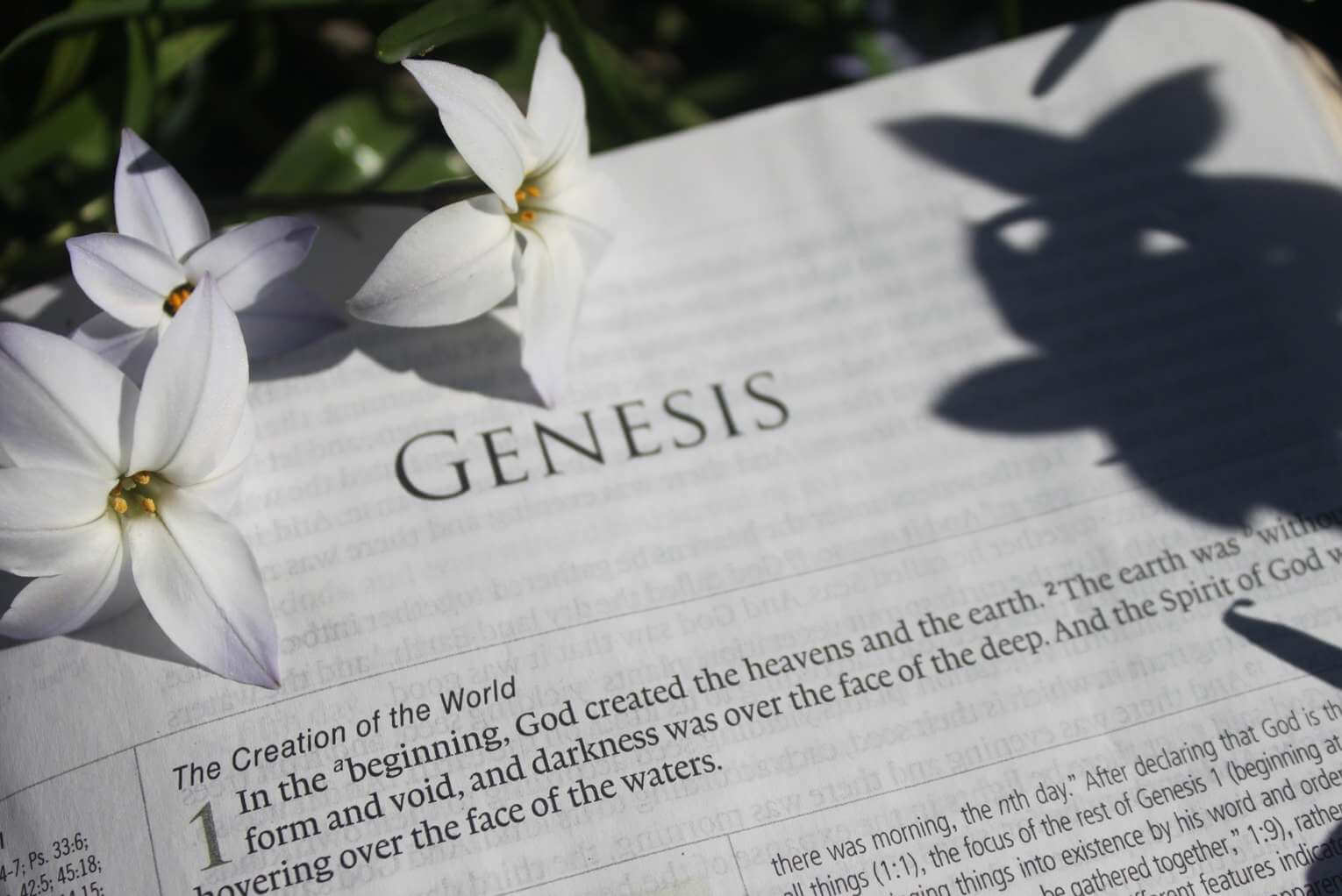This is part two of a two-part article. Read part one at this link.
Unfortunately, the fall of humanity, as depicted in Genesis 3, introduced discord into God’s well-ordered system, which disrupted the perfect harmony between heaven and earth, between the spiritual and natural realms, in the following ways:
1.There was a disruption of the human-divine relationship. The immediate effect of Adam and Eve’s sin was the severance of the intimate relationship between humanity and God.
2. It caused the corruption of nature. According to Romans 8:19-22, all creation “groans” as a result of human sin. Adam’s sin negatively impacted the soil and the environment.
3. It impacted human relations and societal structures. Sin altered human nature and introduced a proclivity towards evil and rebellion, often leading to injustice, oppression and various forms of degradation, which disrupted the liturgical rhythms of justice, peace and the worship of God through creation stewardship.
Breaking news, Spirit-filled stories. Subscribe to Charisma on YouTube now!
4. It caused a break in liturgical time. Human rebellion disrupted the sacred rhythms of time established by the Sabbath rest. When sin entered, this rhythm was disrupted by human anxieties, greed and disregard for divine and ecological rest.
5. Examples of misalignment today. When people embrace deviant definitions and expressions of marriage, family, self-expression and human sexuality, they violate the original design and liturgical order of creation. The result is a further decline away from the cosmic harmony God originally intended that would align heaven and earth.
Consequently, rebellion against the liturgical design and rhythm of life will continue to erode the quality of life in our cities and release more natural disasters as creation adversely reacts against disharmony in the cosmic pattern.
The Solution
Jesus, as the last Adam, came to restore the liturgical order of creation by reconciling all things to God, thus enabling a return to the original harmonious routine of worship and stewardship (Col. 1:20).
As the divine logos who created the old world (Gen. 1:1, John 1:3), Jesus came to re-create the cosmos to be in total harmony under divine rule. Jesus’ miracles, teachings, His depiction as the world’s light, bringing new birth to believers, and His actions were the prophetic beginnings of the re-creation or restoration of the world to its intended divine order. John’s depiction of Jesus turning water into wine at the wedding at Cana (John 2:1-11) and other signs throughout his Gospel vividly illustrate this new creation theme. Turning water into wine symbolizes Jesus ability to transform the fundamental elements of the world, akin to the transformation involved in the new creation. As water was a key element in the Genesis creation narrative (separation on Day 2 and gathering on Day 3), the wine in John’s gospel represents richness, abundance and the joy of the coming kingdom.
Since sin and rebellion fundamentally distorted the liturgical routines established in Genesis 1 by introducing disorder, suffering and decay into the world, God has called Christ’s followers to participate with Him in the renewal of all things by living in accord with His liturgical design by practicing:
- Stewardship of the earth. God has called for His people to again take the lead in stewarding every aspect of the earth so that His will and kingdom can come on earth as it is in heaven (Luke 11:2-4).
- Promotion of justice and equity. Biblical ethics strongly emphasize justice, mercy and compassion, especially toward the poor, the marginalized and the oppressed (Mic. 6:8). The church, as His body, embodies these principles as congregations in every community.
- Fostering of community and relationships. If everyone in the body of Christ embodied the values of Matthew 22:37-40 and fostered healthy biological families and supportive communities, they could bring God’s peace back to broken cities.
- Observance of spiritual disciplines. If the body of Christ regularly practiced the spiritual disciplines of prayer, fasting, contemplation, corporate worship and prayer, it would help cultivate a sense of peace and contentment in its communities, reducing tendencies toward greed, envy and strife.
- Modeling forgiveness and grace. By practicing forgiveness, individuals can break cycles of retaliation and violence, paving the way for reconciliation and echoing the peace of the Edenic state.
Ethical living according to God’s cosmic liturgical design helps to restore the original harmony of creation, reducing chaos and discord and promoting peace and flourishing across all levels of existence.
Join Charisma Magazine Online to follow everything the Holy Spirit is doing around the world!
Dr. Joseph Mattera is an internationally known author, consultant and theologian whose mission is to influence leaders who influence culture. He is the founding pastor of Resurrection Church and leads several organizations, including the U.S. Coalition of Apostolic Leaders and Christ Covenant Coalition.






Leave a Comment
You must be logged in to post a comment.